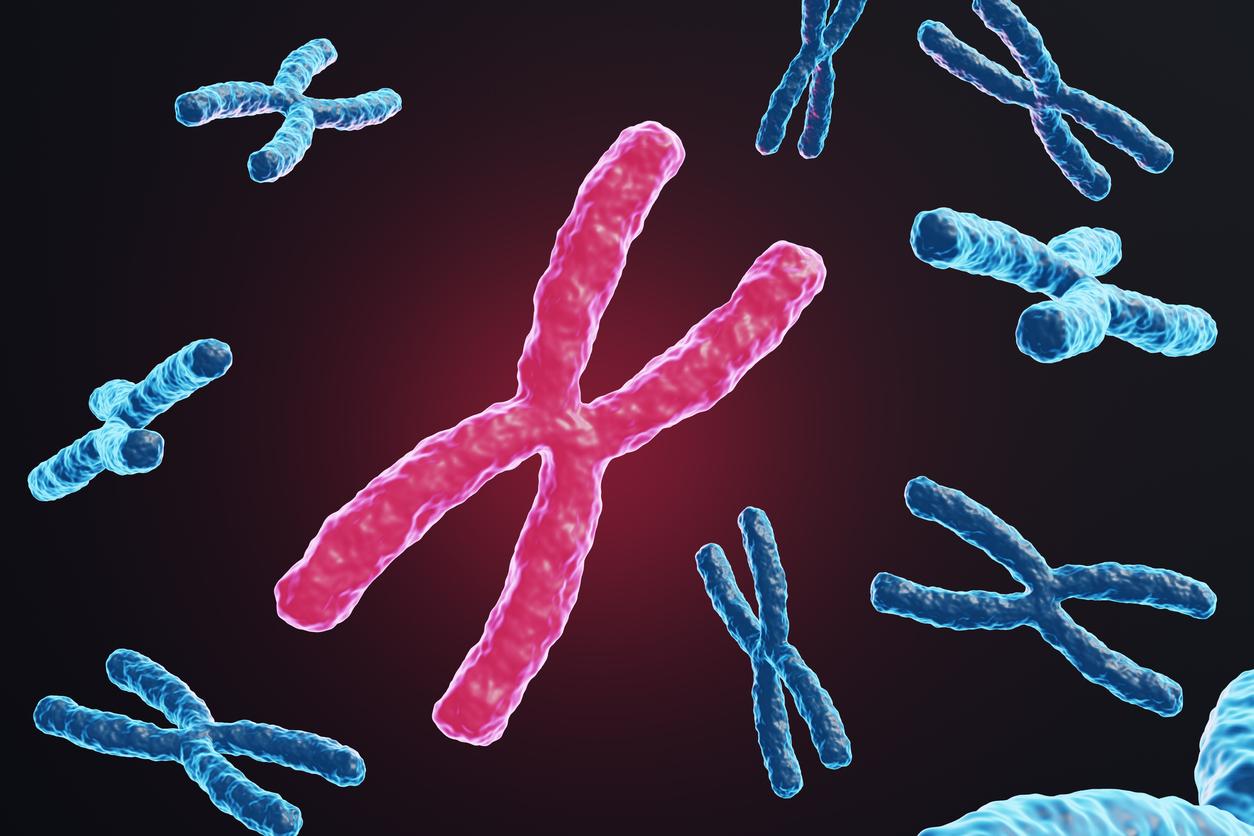Excessive alcohol consumption during youth, even over a short period of time like binge drinking, can make the brain more vulnerable to cognitive decline as we age, researchers say.

- A new study shows that binge drinking during youth can cause lasting changes in the brain, even after years of abstinence.
- Conducted on mice, the research found that alcohol changes the prefrontal cortex, responsible for key functions like memory and self-control, by making neurons hyperactive.
- This imbalance, similar to the early stages of Alzheimer’s, particularly affects inhibitory neurons, overwhelmed by excitatory signals.
Excessive drinking when you are young could leave lasting marks in the brain, even years after you have stopped drinking, according to a new study published in the journal Neurobiology of Aging. Binge drinking habits, namely excessive alcohol consumption over a very short period of time, can alter brain structure and function, making the brain more vulnerable to cognitive decline in old age.
A profound alteration of neurons
To arrive at this observation, researchers at Pennsylvania State University examined mice exposed to regular episodes of binge drinking over several weeks, followed by a long period of abstinence (equivalent to several human years). Despite stopping alcohol, tests showed persistent alterations in the prefrontal cortex, a brain region essential for advanced cognitive functions like memory, decision-making and self-control, according to a press release.
Neurons in this area became hyperactive, with increased excitatory signals. Normally, a balance between excitatory and inhibitory signals ensures brain stability. But in these mice, the imbalance caused by alcohol resembled mechanisms observed in the early stages of neurodegenerative diseases like Alzheimer’s.
The analysis also highlighted a striking effect on non-pyramidal neurons, which play a key role in curbing excessive brain activity. After binge drinking episodes, these cells received nearly double the usual excitatory signals, making them less able to inhibit hyperactivity. However, this phenomenon, called “hyperexcitability”, could increase the risks of serious cognitive disorders or neurodegenerative diseases.

Raise awareness among young people about the lasting effects of alcohol
Although this study was only conducted on mice, the results are nonetheless concerning for human health. If similar effects occur in young adults, it suggests that even brief, heavy drinking could permanently alter brain wiring and increase vulnerability to cognitive decline as we age. Raising awareness of the lasting effects of alcohol is therefore crucial, particularly among young people, insist the researchers. Understanding that today’s excesses shape tomorrow’s cognitive health could encourage more responsible consumption.

















